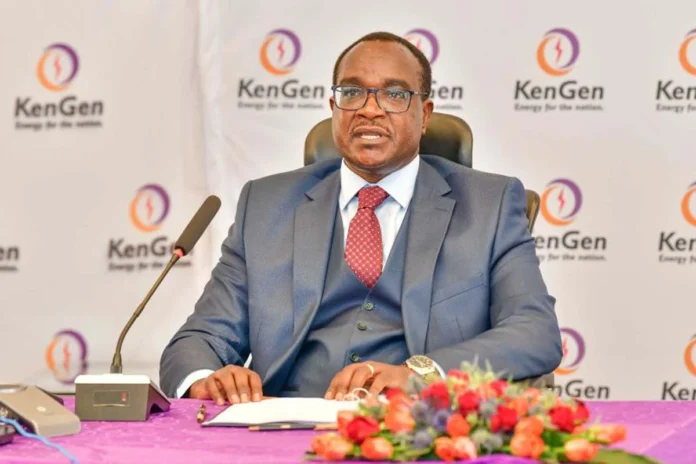The government has released Sh22 billion to support public schools across the country in the second term. That’s a huge weight off the shoulders of school heads who’d been struggling with delays that disrupted learning and school operations.
Capitation Breakdown for Basic Education
Education Cabinet Secretary Julius Ogamba confirmed that the total capitation of Sh22.028 billion has been distributed across key education categories. That distribution looks like this:
- Free Primary Education (FPE): Sh1.37 billion
- Free Day Junior School Education (FDJSE): Sh8.9 billion
- Special Needs Education in Junior Schools: Sh118.4 million
- Free Day Secondary Education (FDSE): Sh11.64 billion
That funding is meant to ease pressure on school budgets, help pay off pending bills, support the essential operations and keep co-curricular programs running smoothly.
A Commitment to Learners’ Rights
Ogamba said the government remains firmly committed to delivering on Article 53(1)(b) of the Constitution—that guarantees every child the right to free and compulsory basic education. “The release of capitation funds will help keep school activities running smoothly during the new term,” he said.
Accountability and Proper Use of Funds
The CS urged school heads and principals to use public funds responsibly. Misuse won’t be tolerated. He called for transparency and accountability in the management of the resources. “We will take decisive action against any misuse of resources or unlawful charges imposed on learners,” he warned.
He also cautioned against unauthorized levies. Such actions defeat the purpose of the government’s efforts to make education accessible to all.
Relief After Delays
The disbursement brings much-needed relief to school administrators who were left in a tight spot after the capitation funds failed to hit accounts on the promised date of May 9. That delay caused operational challenges like unpaid non-teaching staff, stalled academic programs, disrupted co-curricular activities and mounting debts to suppliers.
Reasons for the Delay
Ogamba acknowledged the delays in releasing funds during the Naivasha Education Conference on May 2. He attributed them to competition for limited government resources and delays in Exchequer disbursement. “Some government-funded programmes are extremely costly, and we have on some occasions lagged behind in the disbursement of capitation,” he said.
Strengthening Oversight
The Ministry of Education is encouraging stakeholders—including Boards of Management and Parents Associations—to closely monitor how schools utilize the capitation funds. By ensuring oversight, the government aims to reduce wastage and boost efficiency in delivering quality education.
